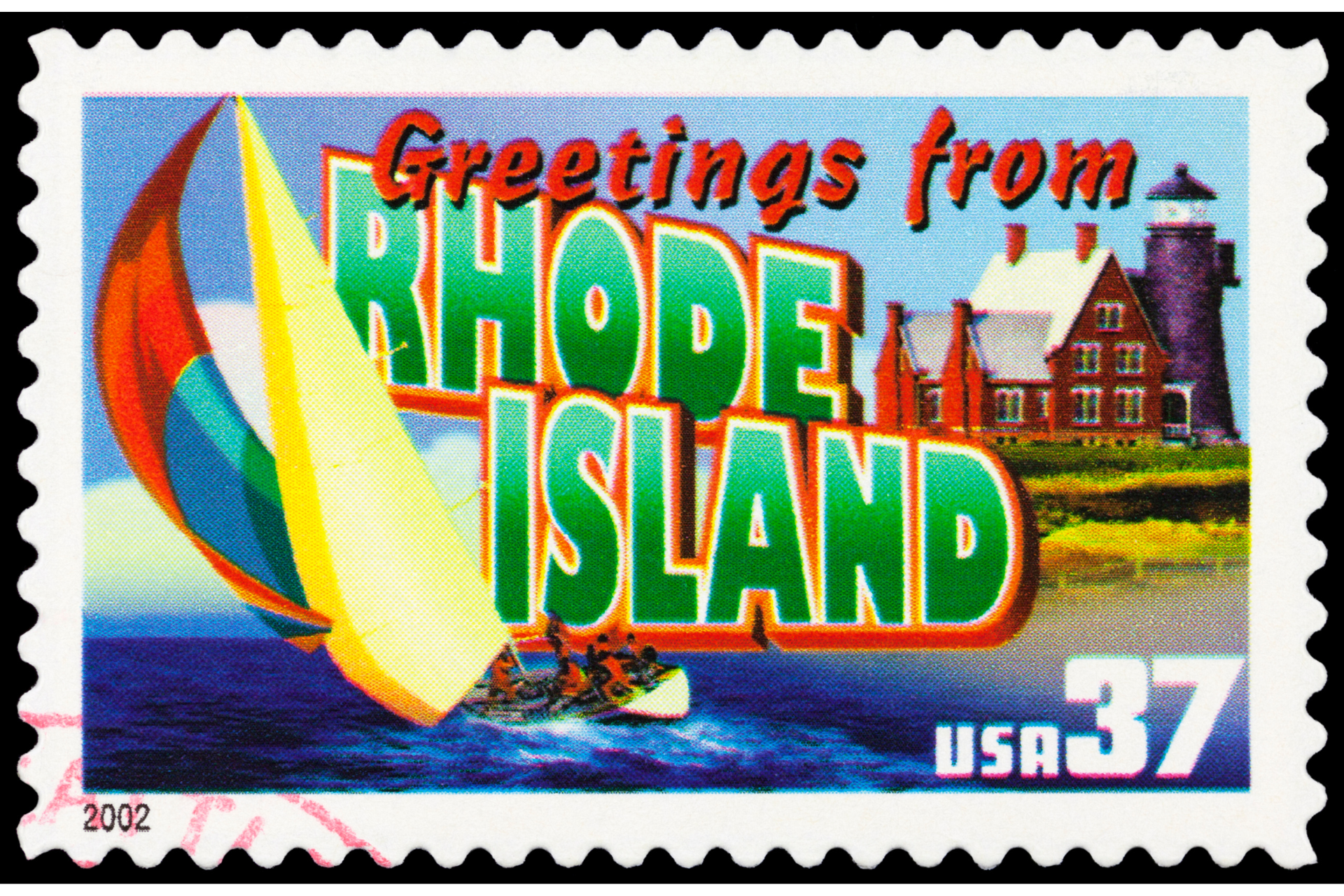Decolonization is an important idea and a trendy one, too, with calls to decolonize healthcare, schools, museums, religion, artificial intelligence, and more turning up across social media. In some ways, the term has taken on a life of its own. As Geoff Shullenberger explains, “In recent years, the concept of ‘decolonization’ has been swallowed up by its metaphorical potentialities. The euphemistic second meaning the term has acquired in the process—a noncommittal verbal gesture toward symbolic restitution of certain historic wrongs—has facilitated its widespread endorsement by universities, NGOs, and media outlets. Before bloodshed consumed the Middle East once again, headlines pointed to how we might ‘decolonize’ artificial intelligence, our diet, design, the theater, and ‘the city.’”
In other words, according to one recent New York Times article, “colonial” is having a field day.
Decolonizing the World
To explain how “an impenetrable fog of vagueness” descended upon the term “decolonialism,” and related confusion over the use of the term, Shullenberger cites the conflict in Gaza. Writing in The Atlantic, Simon Sebag Montefiore expands upon this line of reasoning. He writes that “[at] the heart of decolonization ideology is the categorization of all Israelis, historic and present, as ‘colonists,'” but, as he notes, “Jews are indigenous in the Holy Land,” and “[e]ven those who deny this history or regard it as irrelevant to modern times must acknowledge that Israel is now the home and only home of 9 million Israelis who have lived there for four, five, six generations.”
Turning an eye towards the U.S., Peter Savodnik of the Free Press shares multiple examples of Americans accepting and even celebrating horrific violence in the Middle East in the name of decolonization. “We should ask if they believe that as a ‘settler-colonialist’ entity,” he writes, “the United States awaits a similar fate.”
Decolonizing the United States
The current outrage at U.S. universities and across the country on the issue of colonialism is largely silent on a salient point: the United States owns a large, populated colony. The U.S. can – and does – govern over Puerto Rico directly, and Puerto Rico must follow U.S. laws without having a voice in making them. Most tellingly, Puerto Rico has officially demanded statehood and Congress has held onto the territory as a possession in spite of the residents’ unwillingness to continue in that relationship.
There is plenty of uncertainty over metaphorical applications of the term “decolonization,” and seemingly unending controversy over how the term applies to the Middle East. On the other hand, admitting Puerto Rico as a state would be a clear, unquestionable example of decolonization, and it is completely within the power of the United States to do so.


